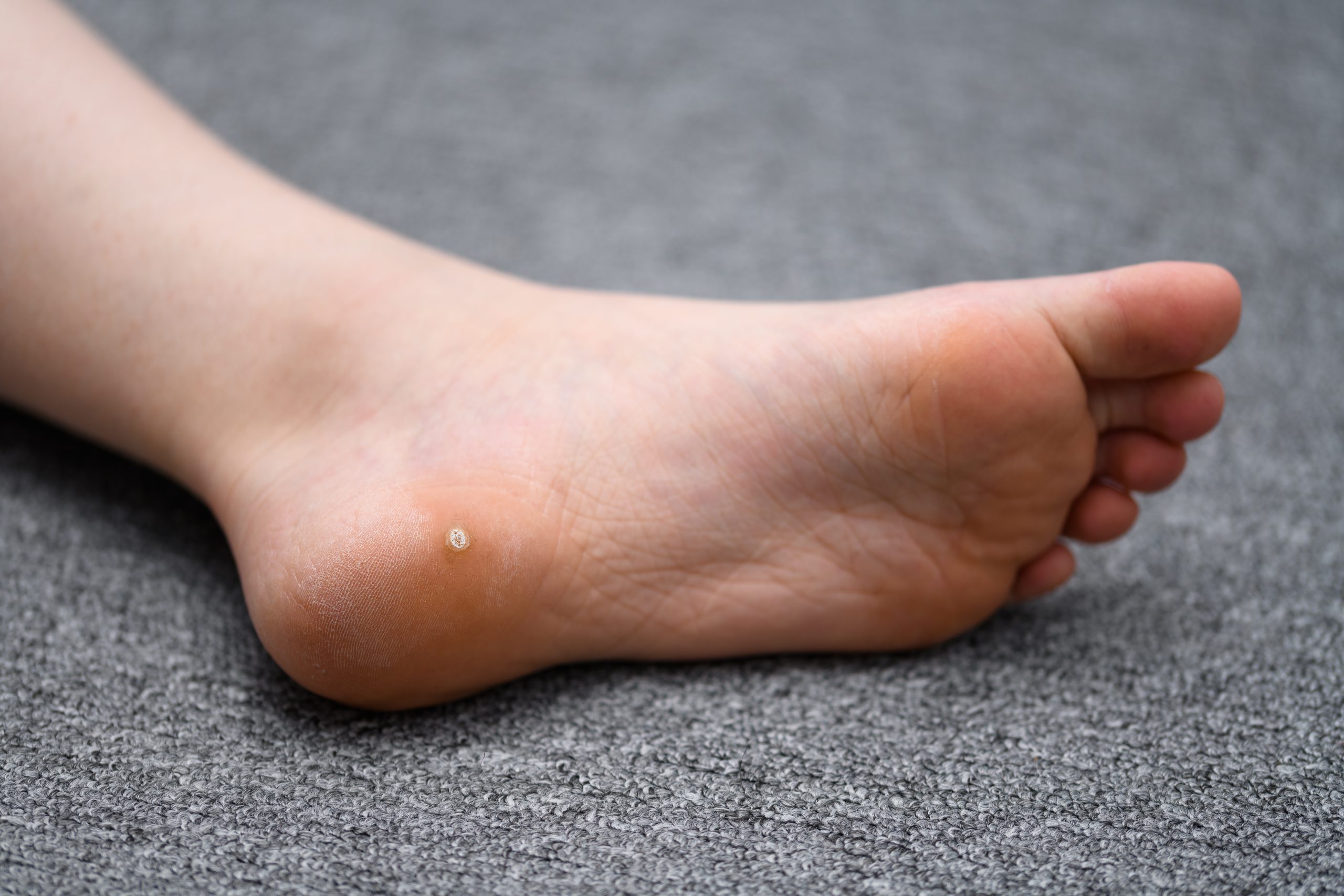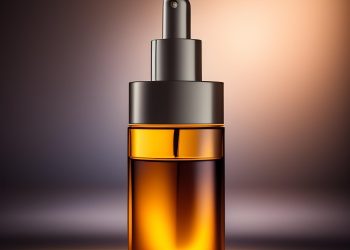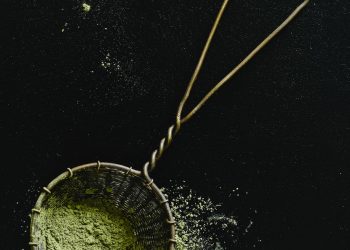Most women suffer from vaginal dryness after their menopause, but only a few seek medical attention or any other treatment. The good news is, that some home remedies for vaginal dryness may help you to get rid of this situation.
Vaginal dryness is an uncomfortable and painful disorder that happens due to the reduction of estrogen levels.
Young women can also experience vaginal dryness due to hormonal imbalance, certain medications, or immune system disorders.
Although having a dry vagina doesn’t look like a serious problem, it can gradually hamper your sexual life and relationship. [1]
You may feel itching, irritation, bleeding after sexual intercourse, and thinner vaginal lips due to this condition.
There are some treatments such as estrogen replacement therapy, which may have some adverse effects on your health.
This article reviews some effective and safe natural remedies for vaginal dryness that you can try at home.
Also Read:
How to Get Rid of Dark Spots on Vagina: 12 DIY Remedies
Home Remedies for Vaginal Dryness
1. Coconut Oil
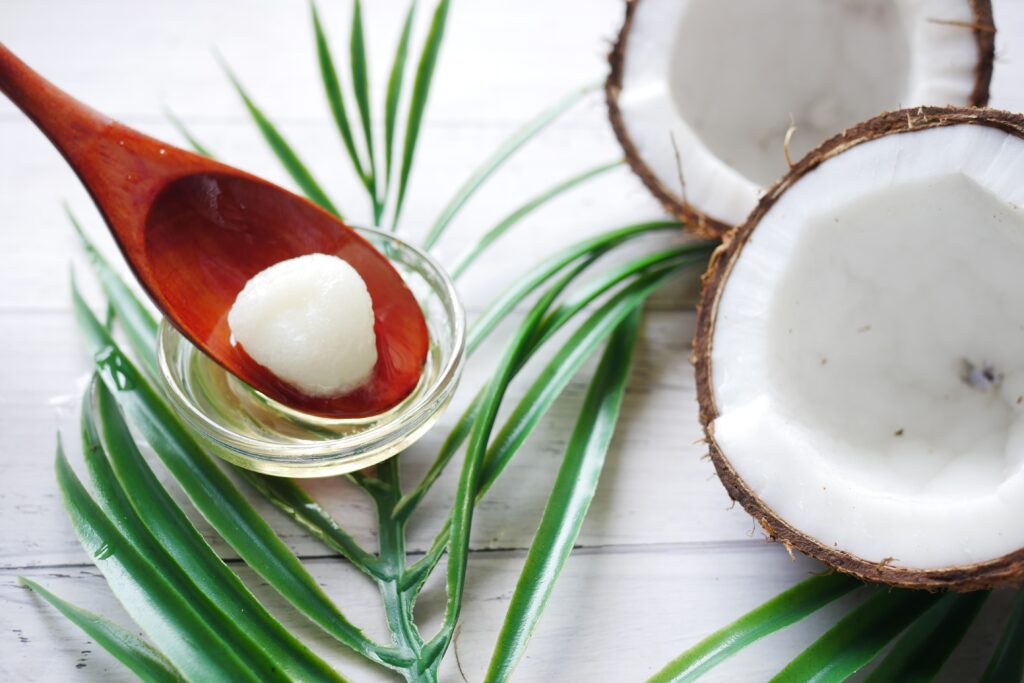 Coconut oil is a popular natural lubricant that you can use for vaginal dryness.
Coconut oil is a popular natural lubricant that you can use for vaginal dryness.
It contains linoleic acid, a fatty acid that can deeply moisturize the skin. It can reduce itchiness, pain, burning, and dryness by rejuvenating dry and irritated tissues. [2]
Coconut oil can restore the skin’s lipid barrier, which helps reduce water loss and aids in strengthening the skin tissues.
Apply extra virgin coconut oil to your vaginal area. Do not mix it with other essential oils.
2. Olive Oil
Olive oil is a lipid lubricant that is rich in unsaturated fatty acids. These acids can repair the epithelial tissues in the vagina while keeping it hydrated and moisturized.
In a clinical trial conducted by Australian researchers, 25 women used olive oil as a remedy for vaginal dryness. [3]
The result shows this oil got a 73% rating in treating this condition. [3]
The best part of olive oil is, that it does not cause any side effects, meaning that you can use it without worrying too much.
3. Vitamin E Oil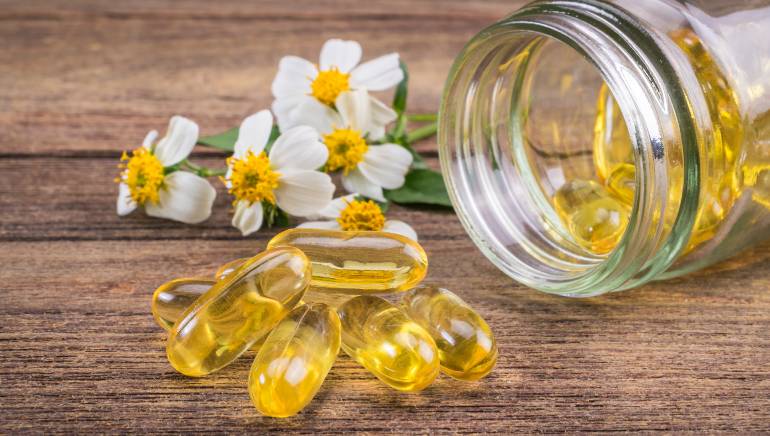
Vitamin E oil can act as a natural lubricant that can moisturize your vagina and restore its elasticity.
Vaginal dryness can cause extreme itching, irritation, and inflammation in your private area.
It is a good source of antioxidants that can soothe irritation and inflammation and provides you with comfort. [4]
However, for some women, vitamin E oil may cause irritation and itching. In that case, stop using this oil and consult with your doctor.
4. Jojoba Oil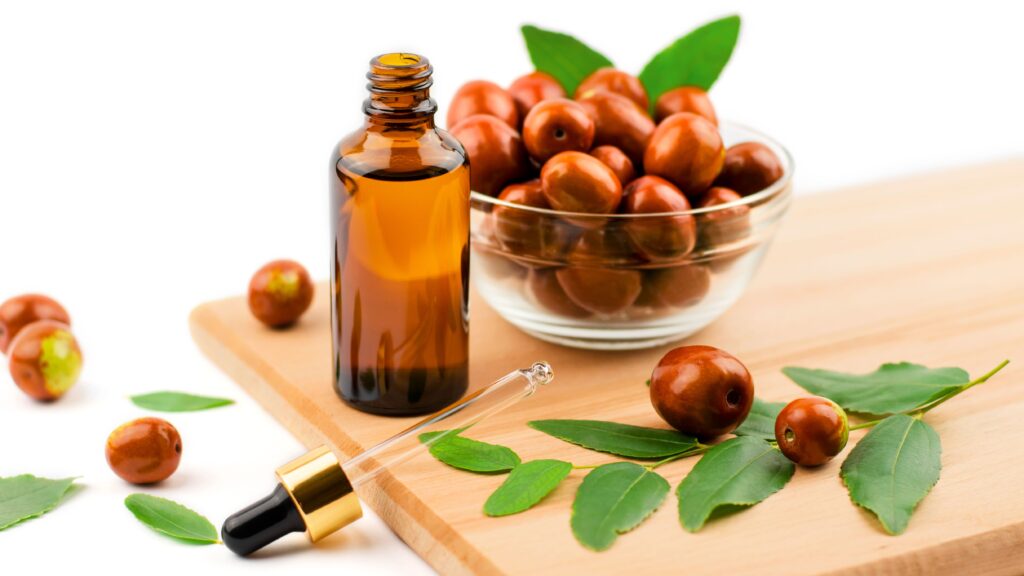
Jojoba oil is an odorless, golden liquid wax that is derived from the seed of the Simmondsia Chinensis (Jojoba) plant.
It is rich in essential minerals and vitamins such as Vitamin E, vitamin B-complex, copper, zinc, chromium, selenium, and iodine.
As jojoba oil is quite gentle, you can use it as a safe alternative to commercial lubricant for the vagina. [5]
The moisturizing components in jojoba oil can mimic the sebum on your skin, meaning that it can effectively treat vaginal dryness.
5. Evening Primrose Oil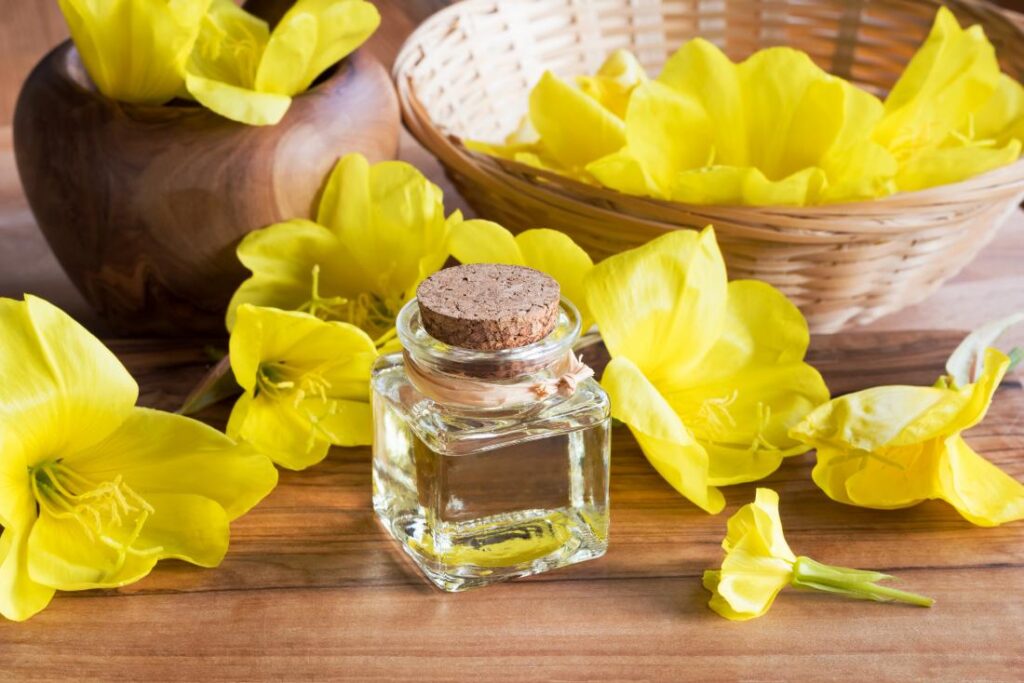
Evening primrose oil originated from the seeds of the evening primrose plant through cold pressing. The oil is commonly used to treat various skin disorders such as eczema, psoriasis, and acne.
Evening primrose oil is a good source of omega-6 fatty acids such as GLA and LA. Omega-6 fatty acids play a vital role in balancing hormonal functions. [6]
Due to the presence of these fatty acids, evening primrose oil can treat PMS symptoms, hot flashes, and vaginal dryness, among others. [7]
6. Aloe Vera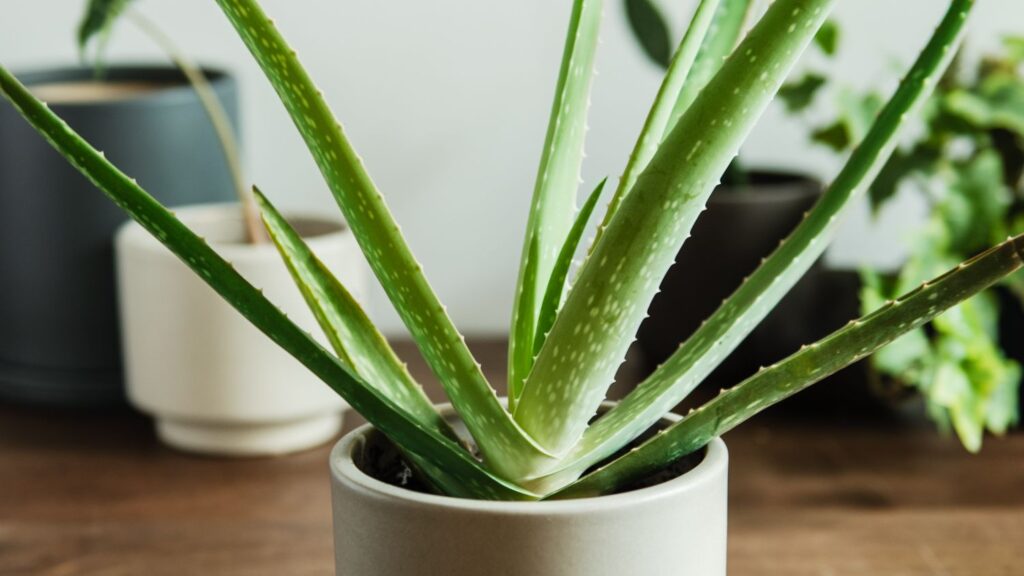
Aloe vera is a soothing gel that is quite beneficial for skin health. It’s known as a natural moisturizer that can hydrate the skin and reduce the dryness of your vagina or vulva.
Aloe vera contains vitamins A, C, and E that can nourish the skin around the vagina. The gel is considered one of the best non-hormonal natural alternatives to treat vaginal atrophy, dryness, and some other postmenopausal symptoms. [8]
Besides, aloe vera is rich in anti-inflammatory and antibacterial properties that help protect your vagina from any infections.
7. Yogurt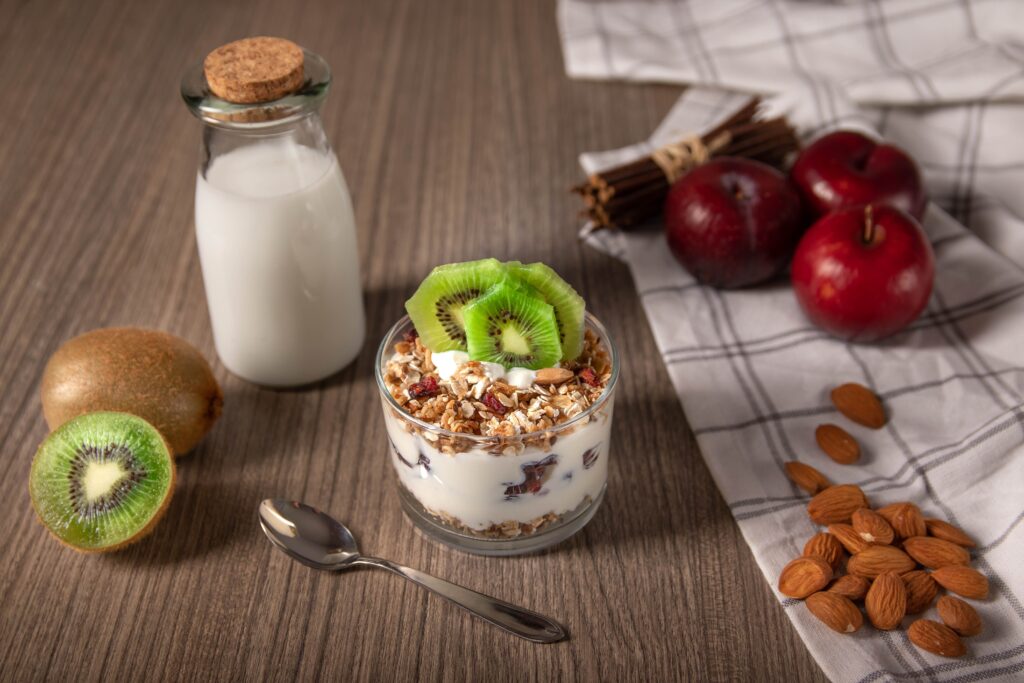
This probiotic can do a lot more rather than just help in digesting food.
Vaginal dryness can occur due to the lack of healthy bacteria called lactobacilli. Yogurt is rich in these healthy bacteria.
Research published in the journal Archives of Gynecology and Obstetrics concludes that lactobacilli in yogurt can help maintain the bacterial environment in the vagina, and keep it moisturized. [9]
You can apply fresh unsweetened yogurt to your vagina. Also, consider eating a bowl of yogurt every day to make those probiotics work from the inside.
8. Black Cohosh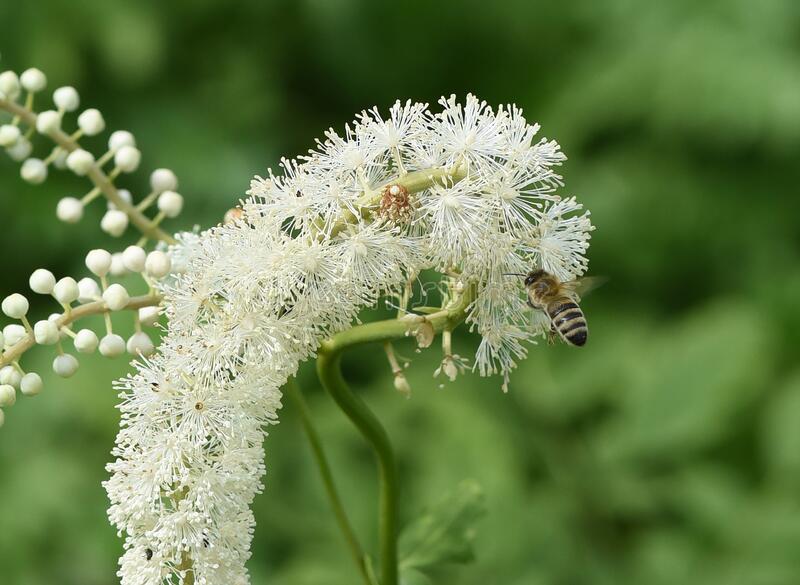
Black cohosh originates from Actaea racemosa, a species of flowering plant.
This medicinal root has been used for different medicinal purposes, particularly for dysmenorrhea and menopausal symptoms by the American Indians. [10]
This herb is an effective natural ingredient for female lubrication. It contains isovaleric acids, glycosides, and phytoestrogens that can help reduce vaginal dryness. [11]
You can drink a tea made of this root or consume any black cohosh supplement.
9. Phytoestrogen-Rich Diet
Vaginal dryness can occur if the estrogen level is reduced. A diet rich in phytoestrogen can help you get rid of this problem.
It’s because phytoestrogen is a plant-based estrogen that can balance the hormone level in your body. [12]
Besides, it can lubricate your vagina by producing more estrogens. It can also improve libido in postmenopausal women. [13]
You can include phytoestrogen-rich food such as carrots, barley, cherries, flaxseeds, and licorice root in your daily diet to reduce vaginal dryness.
10. Omega-3 Fatty Acids
Omega-3 fatty acids are vital for maintaining a healthy life after menopause among women.
It’s a crucial nutrient for your body that can fight heart diseases, depression, and vaginal dryness, among others. [14]
Your body is not able to produce these essential fatty acids, meaning that you need to eat foods that contain omega-3 fatty acids.
Consuming foods that have omega-3 fatty acids such as fatty fish, flaxseeds, tuna, sesame seeds, etc. may reduce the vaginal dryness, and dyspareunia, and balance the pH level of the vagina. [15]
How to Prevent Vaginal Dryness
You can reduce the risk of vaginal dryness by bringing some changes to your life.
- Maintain proper hygiene of your vagina and the area around it.
- Do not use feminine hygiene products that contain artificial scents.
- Consider doing kegel exercise to keep the elasticity of your vaginal muscle. [16]
- Always practice safe sex to avoid any sexually transmitted disease.
- It’s important to stay sexually active to prevent vaginal dryness.
- Consider wearing cotton underwear instead of synthetic underwear. It promotes better airflow and helps your vagina to breathe.
When to See a Gynecologist
Many women feel embarrassed to bring up the topic of vaginal dryness to their doctors. However, it’s a severe health condition and can lead to something worse if not treated early.
Over-the-counter lubricants or some home remedies may help reduce the symptoms of vaginal dryness. But if you have other physical issues accompanied by a dry vagina, you need to consult with your gynecologist.
Besides, vaginal dryness can have a negative impact on your relationship as it can make sex extremely painful. Hence, you need to get rid of this condition as soon as possible.
Conclusion
Vaginal dryness may not be life-threatening, but it can be a source of discomfort. It will make your sexual life quite painful, thus creating problems between you and your partner.
It’s important to use products on your vagina that are mild and use natural ingredients. Do use any harsh products to cure vaginal dryness.
Use mild soap and washcloths to clean your vagina. Bring a dietary change by including more omega-3 fatty acids and phytoestrogen-rich foods in your daily meal. You can also try these home remedies for vaginal dryness to reduce discomfort.
No matter how safe these home remedies are, you must consult with a doctor before you start using them to treat vaginal dryness.
ALSO READ FROM NATURALLY DAILY:


